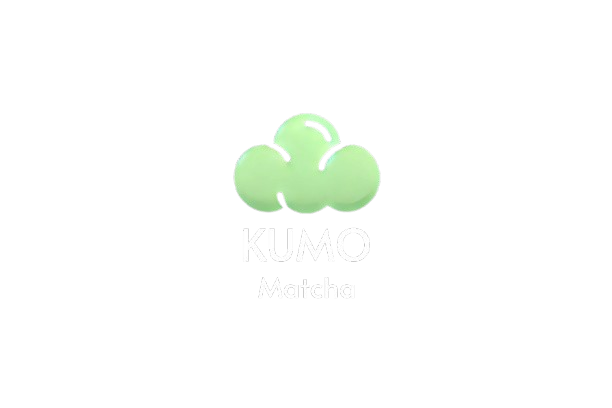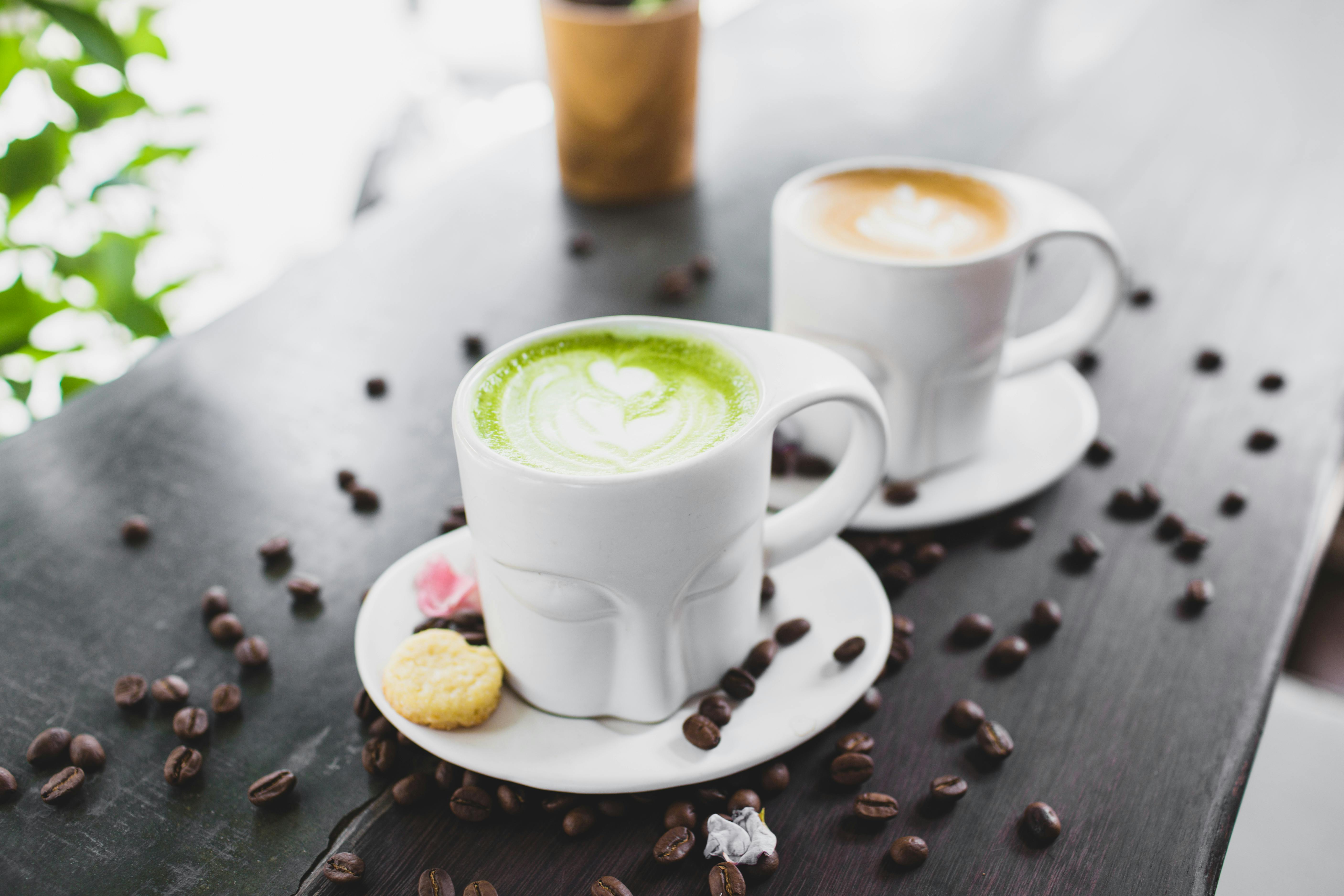☁️ Matcha vs. Coffee: which drink is better for you?
When it comes to choosing the perfect morning drink, coffee and matcha are two favorite choices. Both options provide energy, but their effects on the body and mind are completely different. If you're wondering which is better for you – matcha or coffee – this guide will help you make an informed decision.
☁️ 1. Caffeine: lasting energy or a quick hit?
Matcha: Contains caffeine, but in smaller amounts than coffee. The combination of caffeine and L-theanine provides gradual and long-lasting energy without jitters and energy drops.
Coffee: Known for its quick energy boost, but often leads to a "caffeine crash" hours later. Larger amounts can cause nervousness and increased heart rate.
Bottom line: If you're looking for long-lasting energy and calmness, matcha is a better choice. If you need a quick boost, coffee is more effective.
☁️ 2. Effect on concentration and focus
Matcha: Thanks to L-theanine, matcha promotes a state of relaxed alertness, improving focus and concentration.
Coffee: Provides instant alertness, but can cause jitters and make it difficult to focus at higher doses.
Conclusion: Matcha is ideal for long-term tasks that require concentration, while coffee provides a quick boost.
☁️ 3. Health benefits
Matcha: It is rich in antioxidants, especially EGCG, which supports heart health, detoxification, and strengthening the immune system. It also reduces inflammation and supports healthy skin.
Coffee: It also contains antioxidants, but in a smaller amount than matcha. It can reduce the risk of certain diseases, such as type 2 diabetes and Parkinson's disease, but excessive consumption can cause problems such as increased anxiety and insomnia.
Conclusion: Matcha provides a wider range of benefits for the whole body, while coffee has specific health benefits when consumed in moderation.
☁️ 4. Influence on the digestive system
Matcha: It is gentle on the stomach and supports healthy digestion thanks to its fiber and antioxidants.
Coffee: Can be irritating to sensitive stomachs, especially if drunk on an empty stomach. Excessive consumption can cause acidity and heartburn.
Conclusion: Matcha is gentler on the digestive system.
☁️ 5. Preparation and versatility
Matcha: Preparing matcha is a ritual in itself. It can be used for tea, lattes, smoothies, and even in cakes and ice cream.
Coffee: Quick to prepare and easily available. It can be enjoyed as espresso, latte, cappuccino or cold versions.
Bottom line: Matcha offers greater versatility in culinary use, while coffee is easier to prepare quickly.
☁️ 6. Long-term effects on the body
Matcha: Provides gradual energy and helps reduce stress, ideal for a balanced lifestyle.
Coffee: Excessive consumption can lead to addiction and side effects such as insomnia and increased anxiety.
Conclusion: Matcha is more suitable for long-term maintenance of energy and balance.
☁️ Table of Comparisons
| Characteristic | Matcha | Coffee |
|---|---|---|
| Caffeine | Moderate, gradual effect | More volume, faster performance |
| Antioxidants | Very high (EGCG) | Moderate |
| Focus and calmness | Improved focus, calmness | Instant alertness |
| Digestive effects | Mild for the stomach | May irritate the stomach |
| Versatility | Teas, lattes, smoothies | Espresso, cappuccino, cold varieties |
| Long-term effects | Reduces stress, balanced performance | It can be addictive |
☁️ Conclusion: Which is better for you?
Choosing between matcha and coffee depends on your needs and preferences. If you want long-lasting energy, better focus and additional health benefits, matcha is the right choice. On the other hand, coffee is ideal for an instant energy boost and simple preparation.
👉 Discover our premium matcha and start a healthier way of enjoying everyday life!





Share:
Matcha Benefits